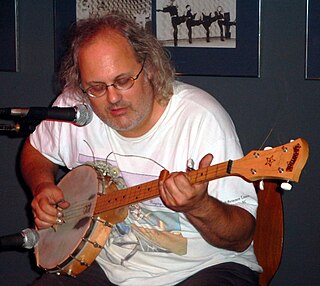
3 Compositions of New Jazz is the debut album by Anthony Braxton released in 1968 on the Delmark label. It features performances by Braxton, Leroy Jenkins and Leo Smith with Muhal Richard Abrams appearing on two tracks.

Four Compositions (Quartet) 1983 is an album by American saxophonist and composer Anthony Braxton recorded in 1983 for the Italian Black Saint label.

Eight (+3) Tristano Compositions, 1989: For Warne Marsh is an album by American composer and saxophonist Anthony Braxton recorded in 1989 and released on the hatART label. A second edition released in 2012 deletes the tracks "How Deep Is the Ocean?" and "Time on My Hands".

Saxophone Improvisations Series F is a solo album by American saxophonist and composer Anthony Braxton recorded in 1972 and originally released on the French America label.

Town Hall 1972 is a live album by American jazz saxophonist Anthony Braxton recorded in 1972 at The Town Hall in New York City and originally released on the Japanese Trio label and rereleased on the hatART label as Town Hall 1972 in 1992.

Quintet (Basel) 1977 is an album by the American composer and saxophonist Anthony Braxton, recorded in Switzerland in 1977 but not released on the hatOLOGY label until 2000.

Dortmund (Quartet) 1976 is a live album by American composer and saxophonist Anthony Braxton recorded in Germany in 1976 but not released on the hatART label until 1991. The album was subsequently reissued as Quartet (Dortmund) 1976 in 2001.

New York, Fall 1974 is an album by the American jazz saxophonist Anthony Braxton, recorded in 1974 and released on the Arista label. The album was subsequently included on The Complete Arista Recordings of Anthony Braxton released by Mosaic Records in 2008.
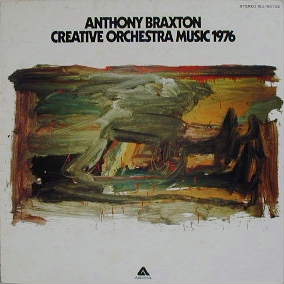
Creative Orchestra Music 1976 is an album by American jazz saxophonist and composer Anthony Braxton recorded in 1976 and released on the Arista label. The album was subsequently included on The Complete Arista Recordings of Anthony Braxton released by Mosaic Records in 2008.
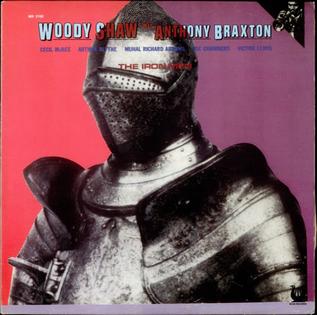
The Iron Men is an album led by trumpeter Woody Shaw which was recorded in 1977 but not released on the Muse label until 1980. The Iron Men was reissued by Mosaic Records as part of Woody Shaw: The Complete Muse Sessions in 2013.

In the Tradition is an album by American saxophonist and composer Anthony Braxton recorded in 1974 and released on the Danish SteepleChase label. The album features Braxton's interpretations of jazz standards and was followed by a second volume recorded at the same sessions which was released in 1976.
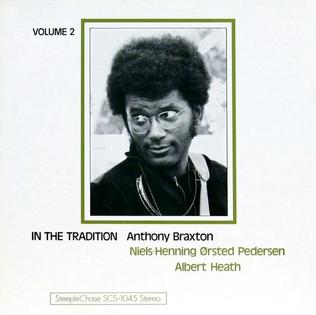
In the Tradition Volume 2 is an album by American saxophonist and composer Anthony Braxton recorded in 1974 and released on the Danish SteepleChase label in 1976. The album features Braxton's interpretations of jazz standards and followed the first volume recorded at the same sessions which was released in 1974.
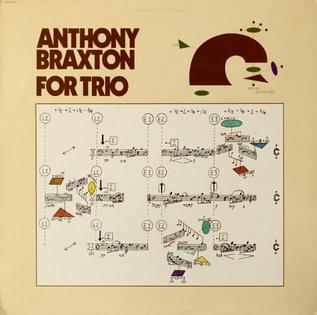
For Trio is an album by American jazz saxophonist and composer Anthony Braxton recorded in 1977 and released on the Arista label. The album features two recordings of the same composition by Braxton in two separate trios and was subsequently included on The Complete Arista Recordings of Anthony Braxton released by Mosaic Records in 2008.

Trio and Duet is an album by American jazz saxophonist Anthony Braxton recorded in 1974 and released on the Canadian Sackville label. The album features a trio performance of one of Braxton's compositions and three duets on jazz standards. It was reissued in 2015 by Delmark Records, which purchased the catalog of the Sackville label, with two bonus tracks.

Duets 1976 is an album by saxophonist and composer Anthony Braxton and pianist Muhal Richard Abrams recorded in 1976 and released on the Arista label. The album features three compositions by Braxton, two jazz standards and one improvisation and was subsequently included on The Complete Arista Recordings of Anthony Braxton released by Mosaic Records in 2008.
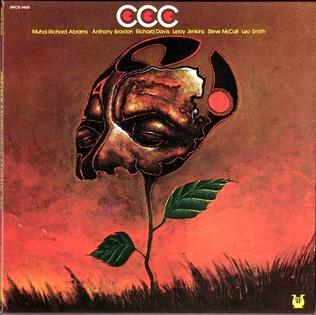
Creative Construction Company is a 1975 album by the jazz collective Creative Construction Company, originally released on the Muse label, and later reissued as Muhal on the Italian Vedette label.

Creative Construction Company Vol. II is a 1976 album by the jazz collective Creative Construction Company, originally released on the Muse label.

Open Aspects '82 is an album by saxophonist/composer/improviser Anthony Braxton and electronic musician Richard Teitelbaum which was recorded in 1982 and originally released on the hat ART label as a double LP and rereleased on CD in 1993 as Open Aspects (Duo) 1982.

Time Zones is an album by electronic musician Richard Teitelbaum and saxophonist Anthony Braxton recorded in 1976 and originally released on the Freedom label.
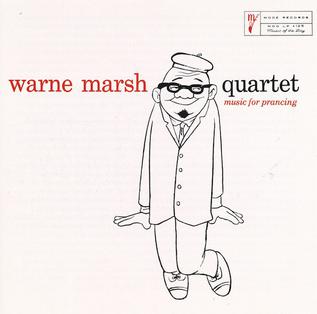
Music for Prancing is an album by saxophonist Warne Marsh recorded in 1957 and originally released on the Mode label.


